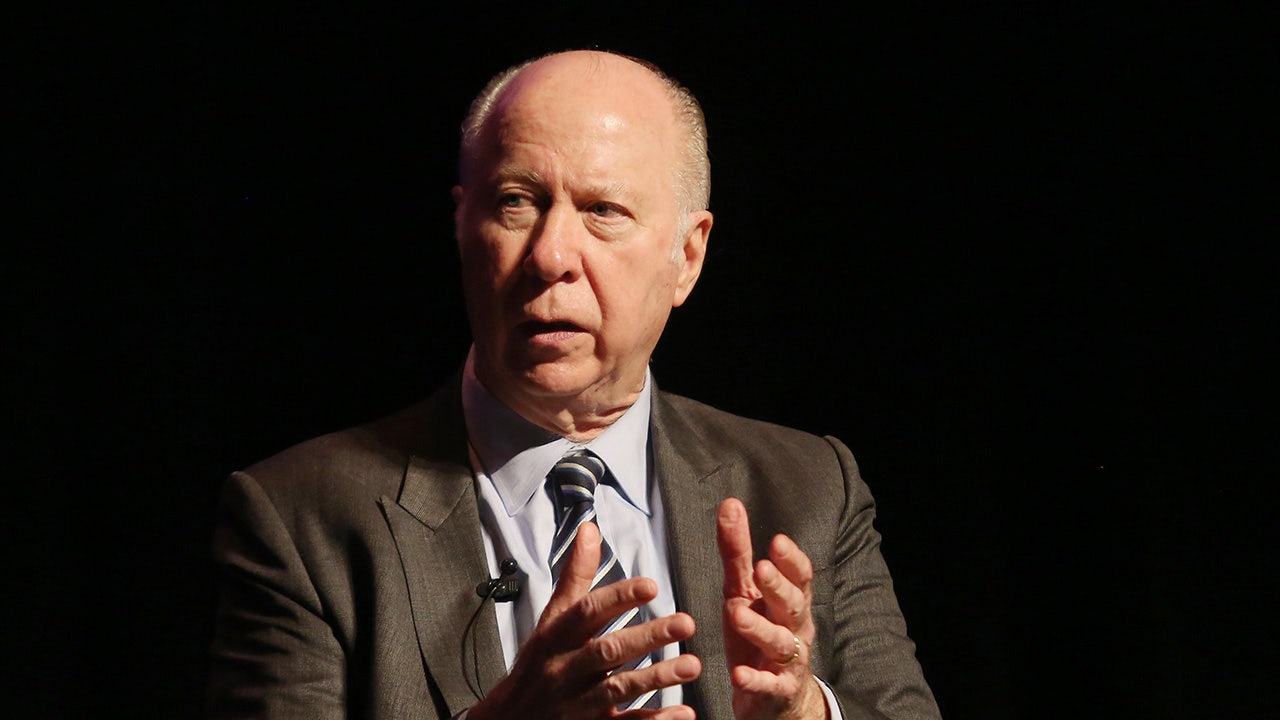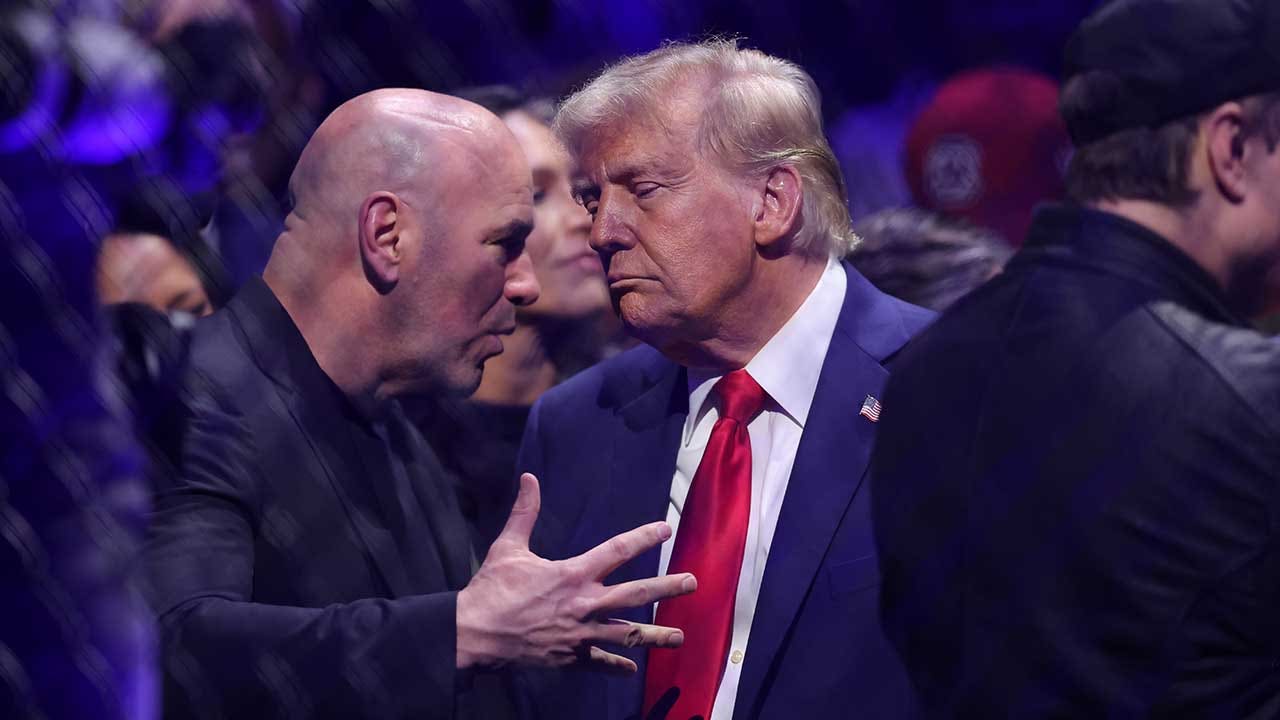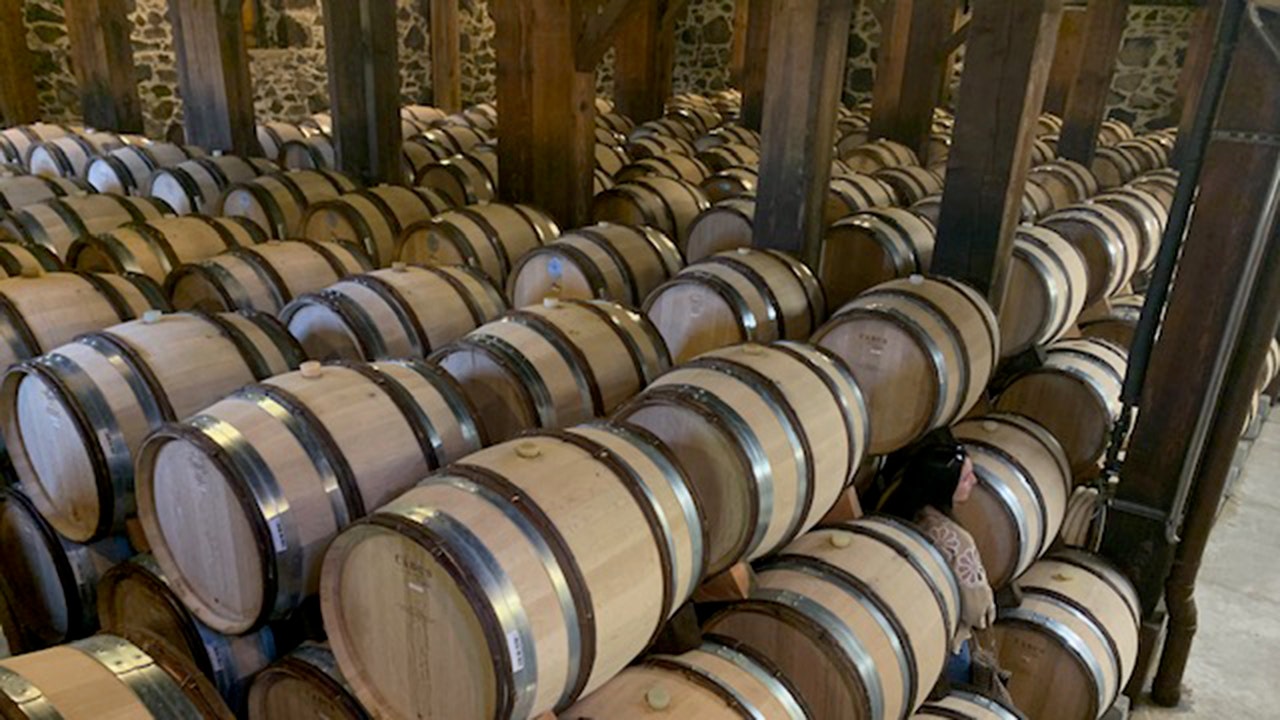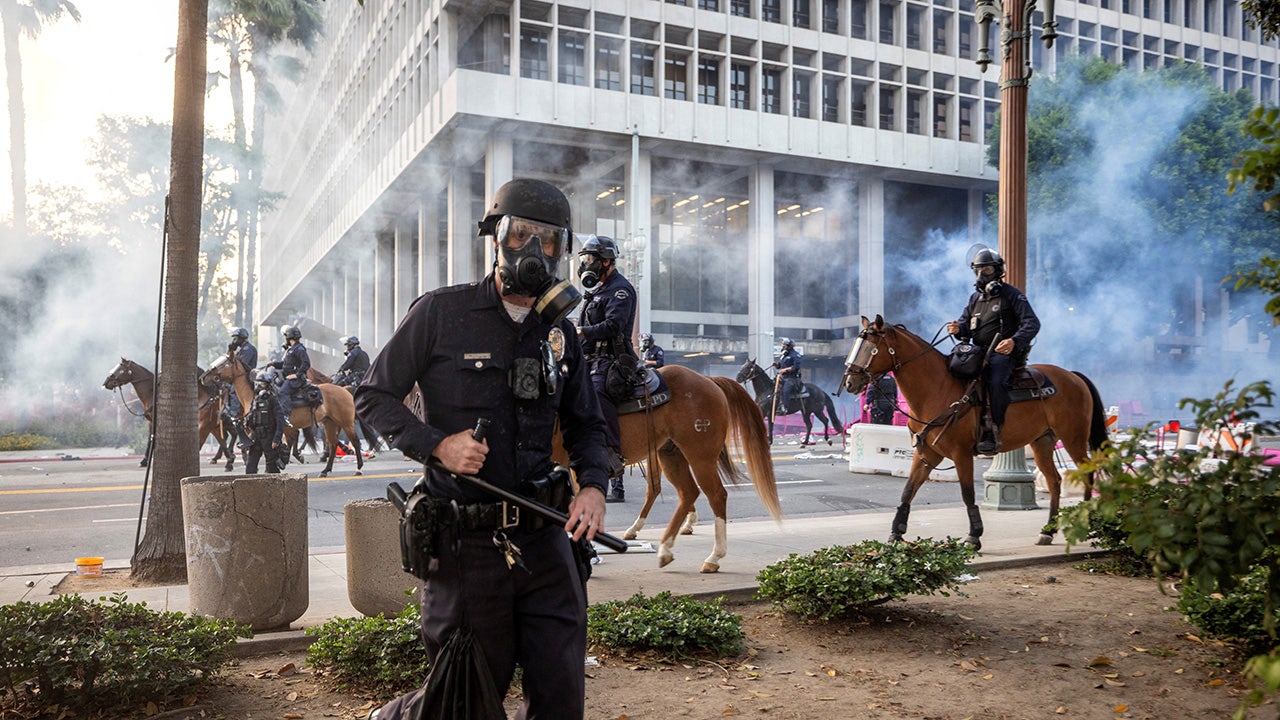US Secretary of State Marco Rubio wrapped up his second and final day at a Southeast Asian security conference in a high-stakes meeting with his Chinese counterpart as tensions grow between Washington and Beijing over issues from trade to security and China’s support for Russia’s war in Ukraine.
After discussions with regional countries at the Association of Southeast Asian Nations forum in Malaysia, Rubio on Friday ended his first official trip to Asia with his first face-to-face talks with Chinese Foreign Minister Wang Yi.
Neither man nor the delegations spoke to journalists as they posed for photos at the top of the meeting.
The meeting was held less than 24 hours after Rubio met in Kuala Lumpur with another rival, Russian Foreign Minister Sergey Lavrov, during which they discussed potential new avenues to jumpstart Ukraine peace talks.
The meetings come against a backdrop of global and regional unease over US policies, notably on trade and large tariffs that US President Donald Trump has threatened to impose on friend and foe alike.
While Rubio heard complaints about the tariffs from his Southeast Asian counterparts, he told reporters Thursday that many of them focused their discussion on security issues, their concerns about Chinese domination and desire for cooperation with the US.
“Of course, it’s raised. It’s an issue,” Rubio said. “But I wouldn’t say it solely defines our relationship with many of these countries. There are a lot of other issues that we work together on, and I think there was great enthusiasm that we were here and that we’re a part of this.”
However, Trump sees China as the biggest threat to the United States in multiple fields, not least technology and trade, and like previous US presidents has watched the country greatly expand its influence globally while turning increasingly assertive in the Indo-Pacific, notably toward its small neighbors over the South China Sea and Taiwan.
Trump has warned of massive tariffs that he could impose on Chinese exports to the United States and preliminary discussions between the two sides have yet to produce significant progress.
Since former President Joe Biden was in office, the US has also accused China of assisting Russia in rebuilding its military industrial sector to help it execute its war against Ukraine. Rubio said the Trump administration shares that view.
“I think the Chinese clearly have been supportive of the Russian effort, and I think that generally they’ve been willing to help them as much as they can without getting caught,” Rubio said Thursday, suggesting the topic would be discussed if he and Wang met.
Rubio and Wang have been shadowboxing during the two-day ASEAN meeting, with each touting the benefits of their partnership to Southeast Asian nations.
Rubio has played up cooperation, including signing a civil-nuclear cooperation agreement with Malaysia, while Wang has railed against Trump’s threatened tariffs and projected China as a stable counterweight in talks with Southeast Asian counterparts on the sidelines.
“The US is abusing tariffs, wrecking the free trade system and disrupting the stability of the global supply chain,” Wang told his Thai counterpart Maris Sangiampongsa, according the Chinese foreign ministry.
In a meeting with Cambodian Deputy Prime Minister Prak Sokhonn, Wang said that the tariffs are “an attempt to deprive all parties of their legitimate right to development.”
“In the face of turbulent global situation, China is willing to be Cambodia’s trustworthy and reliable friend and partner,” he added.
On Thursday, Wang and Lavrov met and delivered a subtle but unmistakable warning to the United States over Southeast Asia.
“Russia and China both support ASEAN’s central role in regional cooperation, are committed to maintaining peace and stability in the Asia-Pacific region, and are wary of certain major powers creating divisions and instigating confrontation in the region,” they said, according to Russia’s foreign ministry.
But Rubio found support from Australian Foreign Minister Penny Wong, who said Friday that continued U.S. engagement was crucial for regional stability.
“We want to see a region where no one country dominates and no country is dominated,” Wong told reporters when asked about China’s rising might in the region.
“We want to see a region where there is a balance of power… where there is no coercion or duress.”
At the same time, Wong said Australia is committed to maintaining a stable relationship with China, noting that engagement remains the best path forward.
Read the full article here














